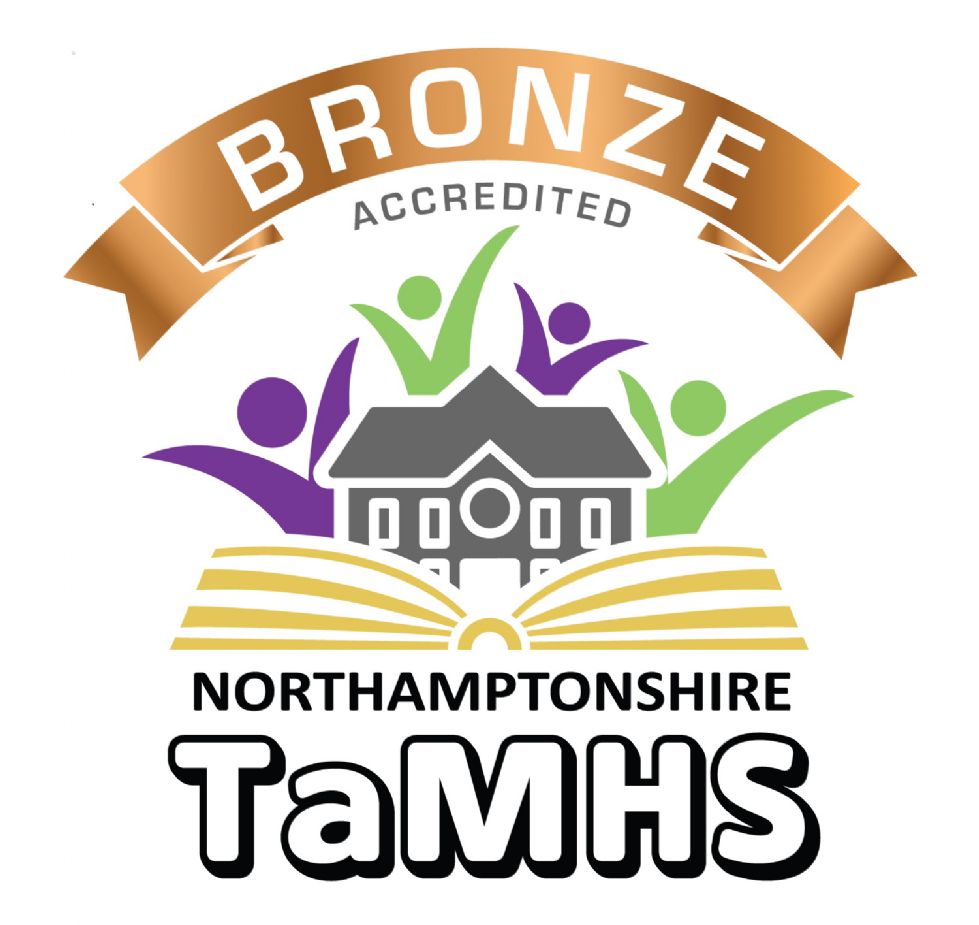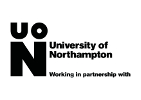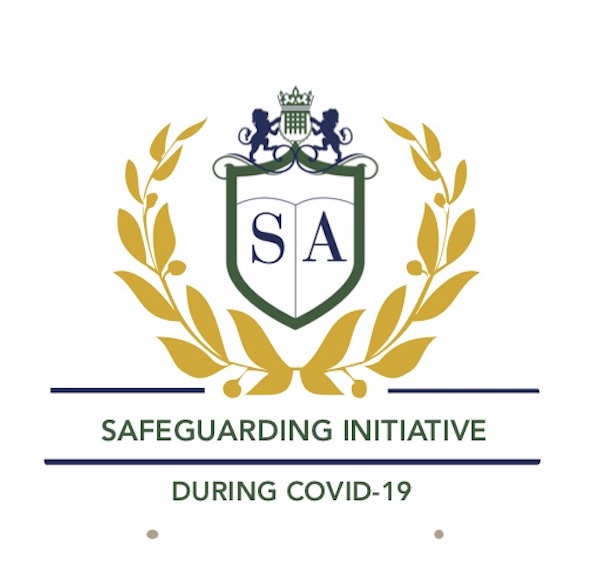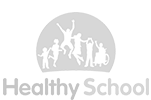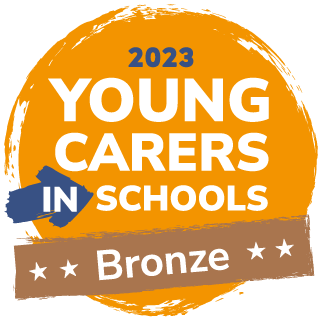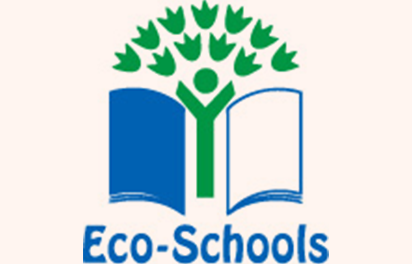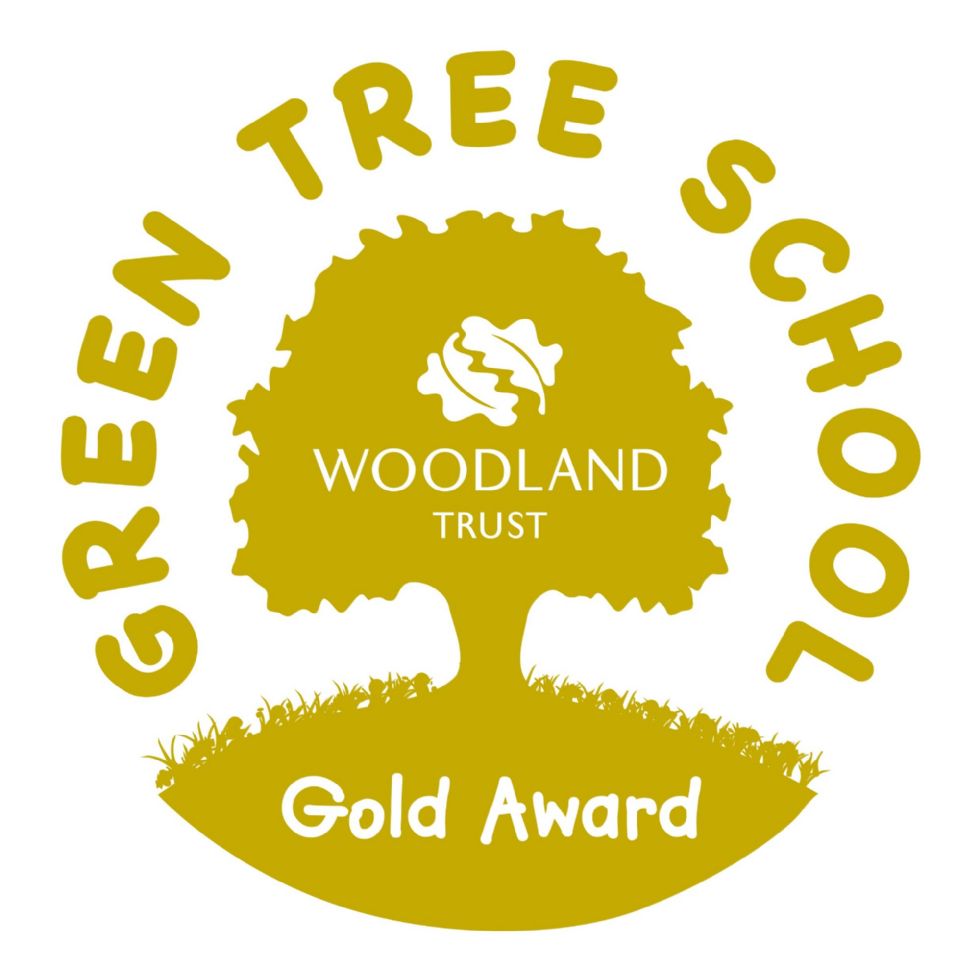Religious Education
“We live in a dynamic, ever-changing society full of different perspectives, beliefs and cultures. Learning about these things helps children to see the world clearly and helps them develop an understanding about the world and the people in it.”
~BBC news, Family and Education
At Beanfield Primary, we provide a high-quality curriculum that allows our pupils to develop their knowledge and understanding of the religions and beliefs which form part of a contemporary society. Our curriculum provokes challenging questions about the ultimate meaning and purpose of life; beliefs about God; the self and the nature of reality; issues of right and wrong; and what it means to be human. It also develops pupils’ knowledge and understanding of Christianity, of other principal religions, other religious traditions and world views that offer answers to questions such as these. We have designed our curriculum alongside Amanda Fitton, the General Adviser for Religious Education and SACRE.
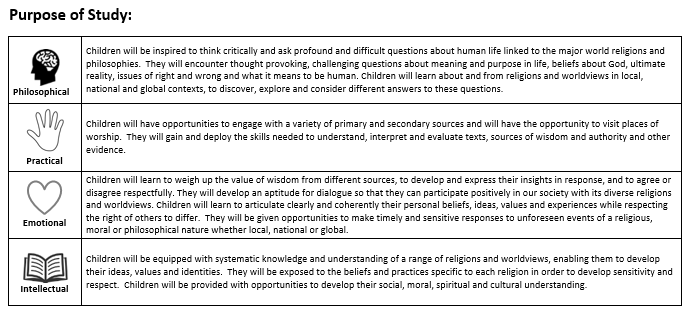
Aims:
1. Know about and understand a range of religions and worldviews, so that they can:
· describe, explain and analyse beliefs and practices, recognising the diversity which exists within and between communities and amongst individuals;
· identify, investigate and respond to questions posed, and responses offered by some of the sources of wisdom8 found in religions and worldviews;
· appreciate and appraise the nature, significance and impact of different ways of life and ways of expressing meaning.
2. Express ideas and insights about the nature, significance and impact of religions and worldviews, so that they can:
· explain reasonably their ideas about how beliefs, practices and forms of expression influence individuals and communities;
· express with increasing discernment their personal reflections and critical responses to questions and teachings about identity, diversity, meaning and value, including ethical issues;
· appreciate and appraise varied dimensions of religion or a worldview.
3. Gain and deploy the skills needed to engage seriously with religions and worldviews, so that they can:
· find out about and investigate key concepts and questions of belonging, meaning, purpose and truth, responding creatively;
· enquire into what enables different individuals and communities to live together respectfully for the wellbeing of all;
· articulate beliefs, values and commitments clearly in order to explain why they may be important in their own and other people’s lives.
Implementation
We have implemented a RE and World Views Curriculum which is centred around core texts. Our pupils are immersed in a philosophical approach discussing different beliefs and discussing big questions and ideas.
The Key Stage 1 curriculum introduces pupils to the world around us and allowing them to explore how different faiths, beliefs and world views are celebrated within a family and local community setting. The curriculum draws on what is taught in EYFS and allows the pupils to develop their knowledge and vocabulary further. The KS1 curriculum gives the pupils the key vocabulary and knowledge then allowing them to look at all the religions, beliefs and world views again in KS2 but in greater depth.
